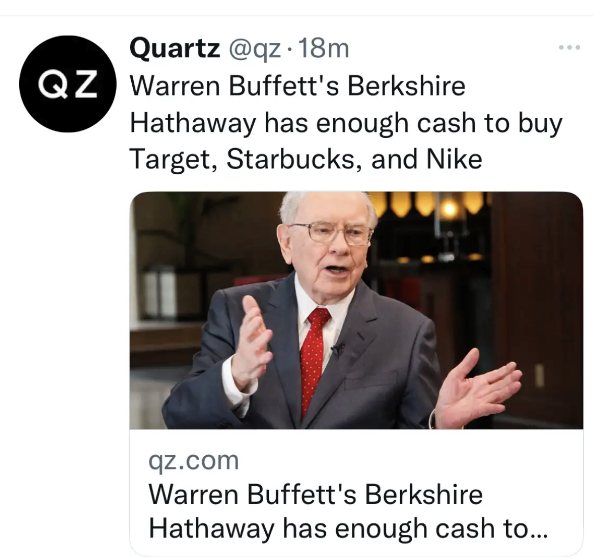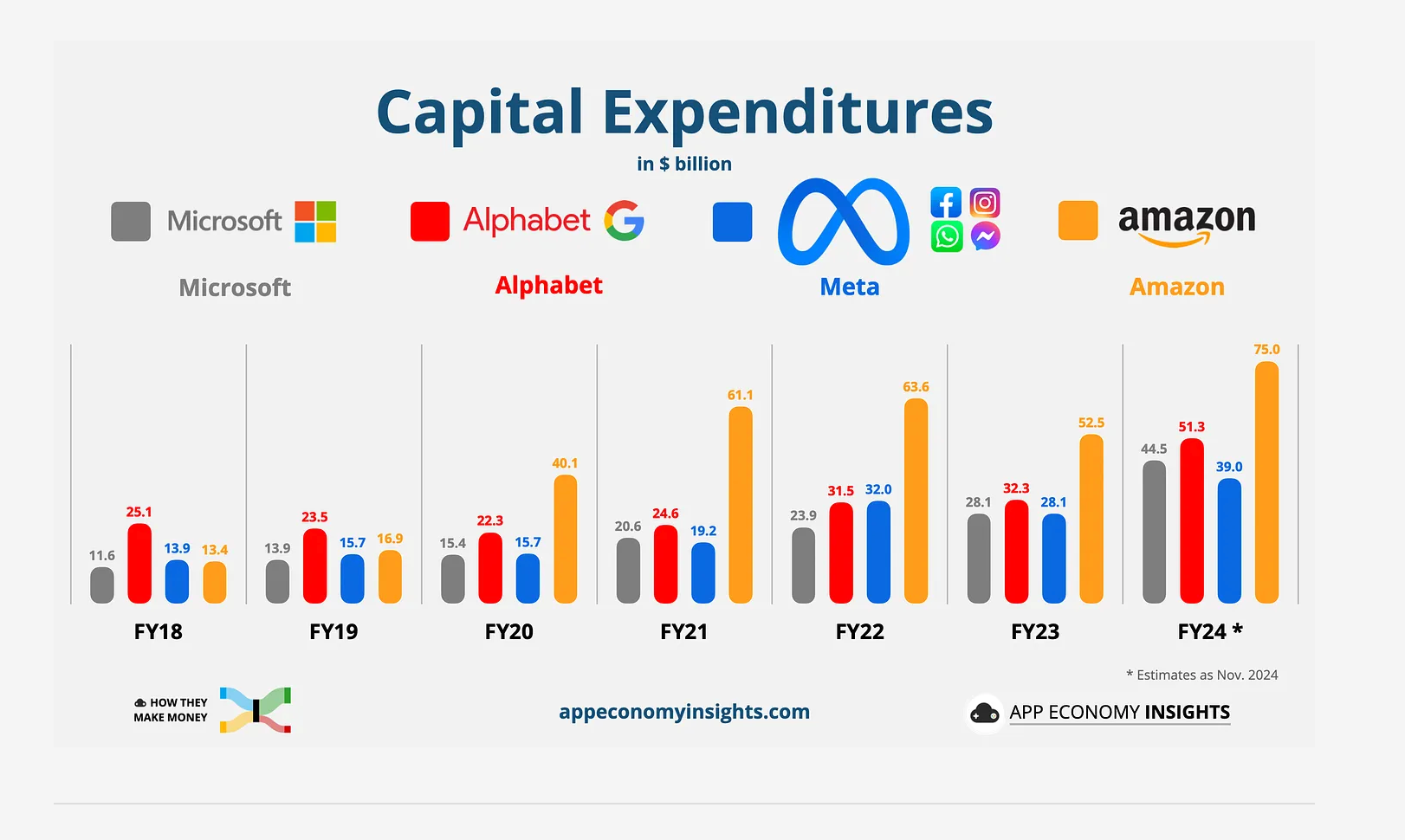The crucial question
I suspect I was a rather unusual urban liberal who predicted Donald Trump’s victory three weeks ago and obviously I was hoping to be proved wrong. It's an odd feeling to have been proved right and to feel embarrassed about it. But Trump’s victory needs to be faced head-on, with understanding and humility.
And there are some outstanding questions.
- Why did he win?
Obviously, there are a combination of factors but simply put, American voters cared more about household economics than about Trump’s obvious character flaws. It's very difficult to win an election after an outbreak of inflation; it doesn’t matter which part of the political spectrum you represent - just ask Rishi Sunak. Or, you could put it another way: following the global outbreak of inflation post Covid-19, incumbent parties have struggled around the world. Incumbency is the absolute leading indicator of election loss- or decline - in elections this year, everywhere from Japan to South Africa. Think about all the impressive leaders who lost elections following an inflationary outbreak: Jimmy Carter in 1980 and Harold Wilson in the UK in 1970 just to name two.
Inflation was coming down in the US, which bodes well economically. But for households, inflation is sticky; you just don’t recoup those price rises quickly because it takes time for salaries to catch up. That has been happening in the US, but there is a mental aspect to all of this. People laughed at Trump for citing the egg-price increase. They are not laughing any more.
- Did Trump win or did the Democrats lose?
I think there is some danger of over-analysis here. No less a person than economist Daron Acemoglu claimed in his reaction that Trump didn’t win, the Democrats lost. His argument is that the Democrats have ceased to be the workers’ party, owing to their support for digital disruption, globalisation, large immigrant flows, and “woke” ideas.
It's very striking, he said, that the highly educated, not manual workers, vote for Democrats and if the centre left does not become more pro-worker, democracy will suffer. But as economist Brad deLong argues, where is the Democrat who ever said that “globalisation” was to be unequivocally endorsed rather than something that could be promising if well-managed? Same with digital disruption. What “woke” ideas did Kamala Harris endorse? And so on.
I suspect it's more mundane than that: the way the election unfolded, Joe Biden effectively promised he would not run, then did, then came up short, then stepped out, leaving Harris with a short campaign period to convince Americans she could be commander in chief. As Vice President, she couldn’t really distance herself from the weaknesses of the Biden presidency, but lacked the time and (if we are honest), the arguments to trumpet his achievements. The turnout decline says something here.
Some of the blame does, sadly, lie with Harris herself. I think a good example is the decision to call Trump a “fascist”. Trump is a lot of things, but he is not a believer in a militaristic state with regimental government control over the economy. He is a businessman; his preferences are transparently more free-market and pro-private sector.
Of course, he does flirt with some fascistic tendencies: nationalism and xenophobia, an overly aggressive stance toward perceived enemies, etc. and I understand why she and the Democrats in general thought it was a good idea. But describing him that way played into the notion of Democrats as finger-pointing, morally righteous snobs. And it made the election about who voters should vote against rather than who they should vote for.
Financial Times columnist Janan Ganesh says the Democrats lost a winnable election and I agree with him. Harris didn’t have a bad campaign, but “she was ambiguous in thought and sometimes mystifying in speech,” he wrote. When Harris essentially finished last in the 2020 primaries, history was telling the Democrats to look elsewhere for a future leader. However, if this were one bad personnel choice, Democrats might rue it and move on. “But it is typical. Fielding Hillary Clinton in 2016. Pretending that Biden had a second term in him until a televised debate exploded that conceit. Not choosing as Harris’s running mate Josh Shapiro, the Pennsylvania governor with high approval ratings in that crucial state”.
“The Democrats are unserious about power, and others have to live with the consequences,” he concludes. Eina.
- Did Elon Musk help put him over the line?
I think there is no question he did. Pressing his social media company X into the service of Trump; demonstrating that there was a successful entrepreneur on his side; the amazing success of the the SpaceX Starship launch 5 in the middle of the campaign - all of that helped.
Musk now has extraordinary access to the US administration, but you know, this is not the end of the story. Trump has an absolutely reliable ability to alienate or turn on those closest to him. The most powerful argument of the Democrats and one of their most clear and successful arguments during the campaign, was just naming all the people who worked closely with Trump and who now think he is a danger.
I think Musk could the end up regretting the day he threw his lot in with Trump. They are essentially different people, whose interests overlapped for a time. Their interests might stay overlapped, who knows? But I doubt it.
- Is the world headed for more inflation?
You know, some caution is due here too. The markets have moved on expectations because Trump said during the campaign that he wants a 10% to 20% across-the-board tariff on all imports, 60% on Chinese goods, and 200% tariffs on specific companies if they relocate production to Mexico.
"To me, the most beautiful word in the dictionary is 'tariff,” he said. The reason is that he believes that tariffs can protect US industries, reduce trade deficits, and compel foreign companies to establish operations in the US. But tariffs are a negotiation, and it always helps to enter the negotiation spitting fire and brimstone.
Still, every economist knows that tariff increases cause inflation because the higher import prices are paid by consumers, production costs increase, they cause chain-reactions across the economy and ultimately create wage pressure.
The question is not so much what Trump wants but what he can actually do. A hallmark of his first time between 2017 and 2021 was the scrapping of the North America Free Trade Agreement (NAFTA) with the United States-Mexico-Canada Agreement (USMCA). So did that change the US trade deficit with Mexico? Er .. no. Trade dropped the year of signing and immediately returned to trend. The US trade deficit with Mexico was higher than it has ever been by the end of his term.
Why did no Democrat point that out during the campaign? Well, because it increased under their watch too. But the point is that tariffs are just not as effective as Trump hopes, which is ironically a good thing because it means inflationary fears might well be overblown. I could be wrong - the markets certainly think I am - but history is on my side.
- What happens to NATO?
OMG, what a huge question. I don’t know. I suspect the reelection of Trump is terrible news for American global leadership and NATO will be the most tragic marker of that decline. Till later - that topic needs its own post.
The erratic indicators
Show us the money

Recommended
Graphically speaking

And in the end ...



Join the conversation